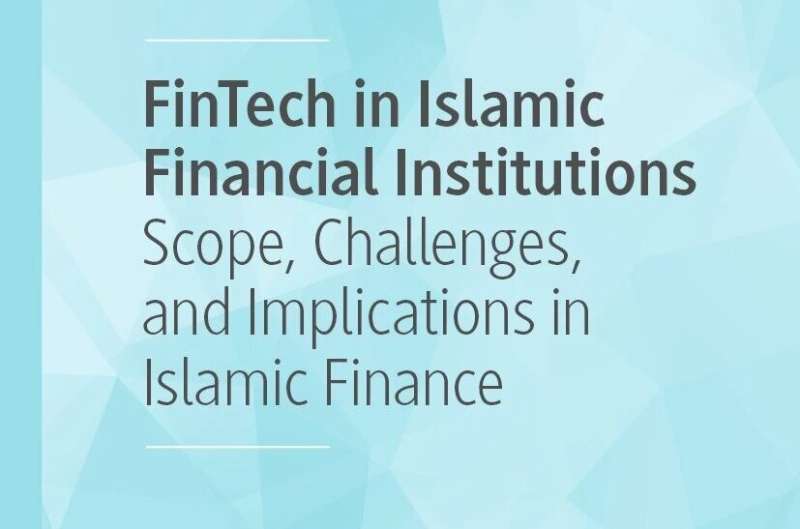Using fintech to support Islamic financial systems

Islamic financial technology, or fintech, is experiencing growth at a rapid pace. A new book co-authored by Dr. Mamunur Rashid, Senior Lecturer in Christ Church Business School, explores the development of Islamic fintech in a post-COVID era, detailing the opportunities and challenges facing fintech in Islamic financial institutions.
Islamic finance offers an alternative approach to traditional financial methods, aiming to establish a just and fair economic system. Islamic fintech covers financial technology that is built on Shariah principles of prohibiting profiting from debt, interest payments and investing in businesses related to alcohol, tobacco and gambling amongst others.
In the book, “FinTech in Islamic Financial Institutions—Scope, Challenges and Implications in Islamic Finance,” Dr. Rashid, along with fellow authors Professor M. Kabir Hassan and Dr. Mustafa Raza Rabbani, explain how “fintech has disrupted the financial services industry like nothing before and has become the most exciting innovation of the twenty-first century.”
It has revolutionized the way consumers use financial services and how financial services are delivered. The experiences of the last few years, through the pandemic, has helped to push the fintech agenda quickly forward ensuring that this ‘disruptive technology’ to traditional financial services has brought positive changes to the overall growth and development of the finance community.
The authors identify some challenges to the growth of Islamic fintech, including how Islamic finance institutions have showed reluctance to adopt fintech, viewing it as a competitor, rather than an ally to the usual financial and banking systems. Claiming that Islamic finance must now recognize fintech as a partner and ally, value its responsiveness, competitiveness and identify the need to be agile in response to consumer needs.
Dr. Mamunur Rashid comments: “Since Islamic financial institutions are relatively smaller in size, and are generally domestic and regional in scope, we need more research to understand how these institutions react to new technologies, technology arbitrage enjoyed by large conventional institutions, and how they integrate services to match the new normal. This issue collates information highlighting the need for a massive change in customer delivery of financial services and internal administration of the banks to focus on efficiency and sustainability.”
Citation:
Using fintech to support Islamic financial systems (2022, December 16)
retrieved 16 December 2022
from https://techxplore.com/news/2022-12-fintech-islamic-financial.html
This document is subject to copyright. Apart from any fair dealing for the purpose of private study or research, no
part may be reproduced without the written permission. The content is provided for information purposes only.
For all the latest business News Click Here

